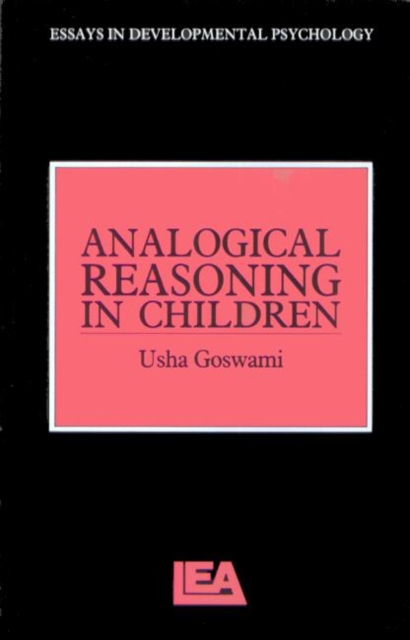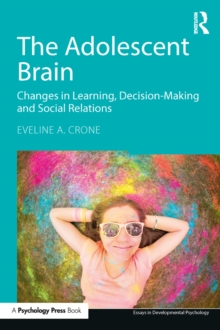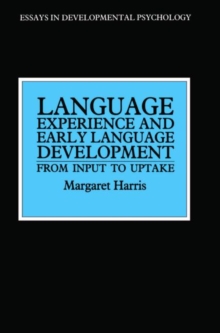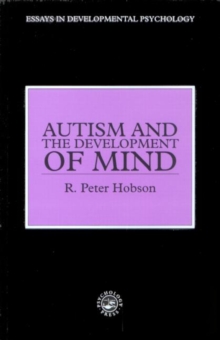
Analogical Reasoning in Children Paperback / softback
by Usha (University of Cambridge, UK) Goswami
Part of the Essays in Developmental Psychology series
Paperback / softback
Description
Analogical reasoning is a fundamental cognitive skill, involved in classification, learning, problem-solving and creative thinking, and should be a basic building block of cognitive development.
However, for a long time researchers have believed that children are incapable of reasoning by analogy.
This book argues that this is far from the case, and that analogical reasoning may be available very early in development.
Recent research has shown that even 3-year-olds can solve analogies, and that infants can reason about relational similarity, which is the hallmark of analogy. The book traces the roots of the popular misconceptions about children's analogical abilities and argues that when children fail to use analogies, it is because they do not understand the relations underlying the analogy rather than because they are incapable of analogical reasoning.
The author argues that young children spontaneously use analogies in learning, and that their analogies can sometimes lead them into misconceptions.
In the "real worlds" of their classrooms, children use analogies when learning basic skills like reading, and even babies seem to use analogies to learn about the world around them.
Information
-
Out of stock
- Format:Paperback / softback
- Pages:168 pages
- Publisher:Taylor & Francis Ltd
- Publication Date:24/08/1993
- Category:
- ISBN:9780863773242
Information
-
Out of stock
- Format:Paperback / softback
- Pages:168 pages
- Publisher:Taylor & Francis Ltd
- Publication Date:24/08/1993
- Category:
- ISBN:9780863773242










